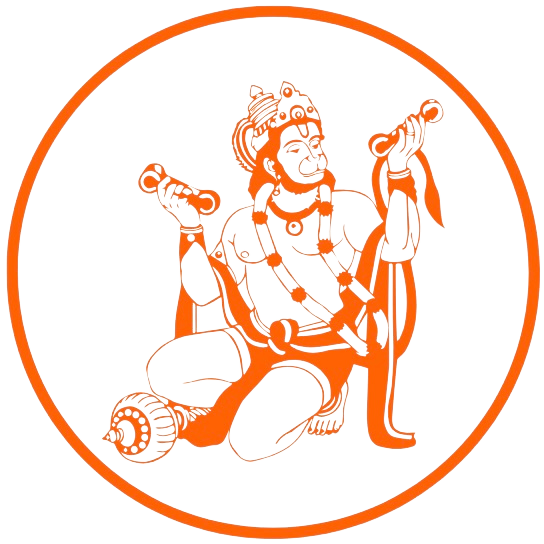Meaning of Svaha - "So be it," "Hail", or "Blessings"
Table of Contents
- Svaha: The Sacred Sound of Divine Connection
Svaha is a Sanskrit word that holds immense meaning and a mystical meaning, which has been in use for ages in Vedic rituals and other religious practices. Svaha is more than an utterance; it carries deep spiritual significance that has been inculcated into many mantras and chants. It is the manifestation of God within us, and can be a point of integration with the higher power.
Pronunciation, spelling, and definition of Svaha
The Sanskrit word Svaha is pronounced as “Svwah-haa.” The spelling “Svaha” is perhaps more commonly used in academic and scholarly contexts, whereas “Swaha” seems to be the more popular spelling in popular and contemporary writing. Both spellings refer to the same Sanskrit word. The term is derived from the root words “su,” meaning “good or well” and “ah,” meaning “to call” or “to invoke.” Thus, Svaha is often translated to mean “well said,” “so be it,” or “perfectly invoked.”
Origins and historical context
Svaha is a word used in many Hindu and Tantric rituals and has been a part of traditional Indian culture for thousands of years. Svaha is the invoked word to the gods of offerings in a Homa or Yajna, which are still practiced at homes in modern Indian households. Svaha thus originates right from the Vedic Age, when it was one word used to invoke the fire god Agni in order to accept the offerings put into the fire of such a ceremony. The chanting of Svaha while making offerings to Agni symbolizes the worshipper’s renunciation of all personal attachments and worldly desires.
The symbolism of Svaha
Svaha, in its deeper meaning, means letting go of one’s ego and letting go before the will of God. Many spiritual practitioners have interpreted it to mean an act of detachment and giving one’s ego to a higher power. This has been said to be an invocation of spiritual growth and connection with the divine through this symbolic act of letting go.
Svaha vs Namaha in mantras
Svaha is found in stotras, which is usually an address to a deity or some elevated spiritual entity. Svaha is generally chanted at the end of the mantra and represents surrender and offering to the divine. The use of Svaha is often invoked into mantras with foci on transformation, sacrifice, and letting go of one’s ego in order to realize spiritual enlightenment.
The word “Namah” itself means a simple “I bow to” or “I offer my obeisance to.” Namaha is used to show reverence and respect to a deity or higher power. Svaha and Namaha are options for the intention and purpose of the Mantra. Svaha is used mostly in those Mantras where deities are invoked for transformational or sacrificial purposes, as in most of the Gayatri Mantras. Whereas Namaha is used in those Mantras which are used to seek the blessings of deities.
Svaha and the sacred fire
Svaha is associated with agni and the act of offering into the sacrificial fire, joining the divine and mundane levels. Svaha is a term that is a holy offering to the deity Agni Deva, the god of fire. It is believed that the chanting of Svaha invokes the transformative energy of the fire element to help one offer their ego and desires to the divine. Svaha stands as a symbol of ultimate offering of self to the divine for attainment of a higher state of consciousness, liberation, and spiritual fulfillment.
Svaha-containing Mantras
Famous mantras that contain Svaha are the Gayatri Mantra (“Om Bhur Bhuva Svaha”) and the Heart Sutra (“Gate Gate Paragate Parasamgate Bodhi Svaha”).
Must read: What is Brahma Muhurat? The way to become a creator of life.
The best times to reach Hanuman Chalisa
What is Gayatri Mantra? Meaning, Significance & how to chant?
